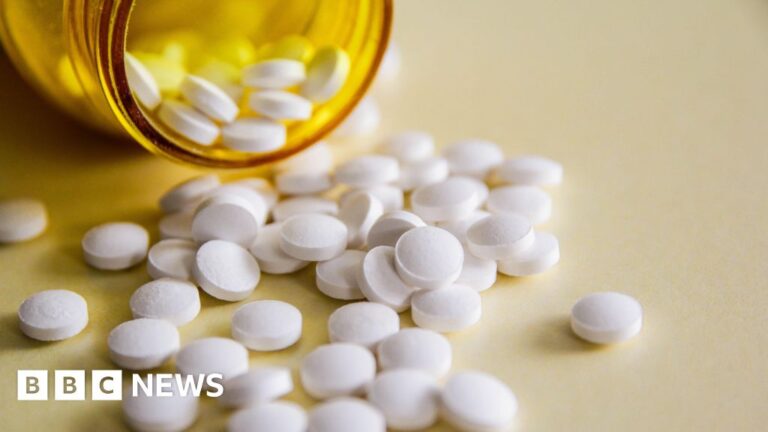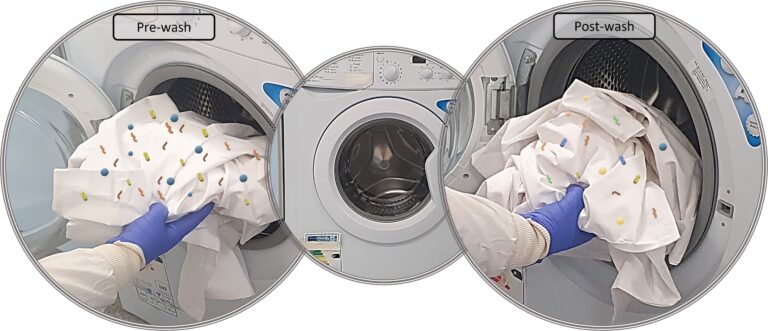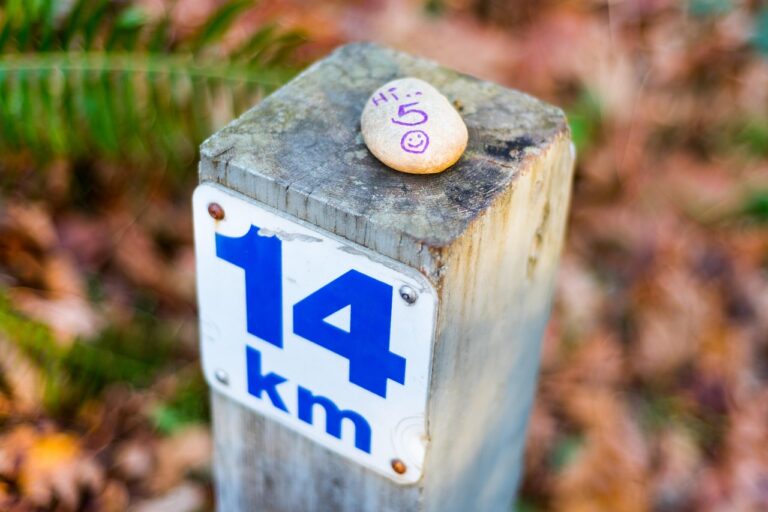
5 Supplements to Avoid If You Have High Blood Pressure, According to Experts – EatingWell
2025-04-23T19:22:23Z
If you have high blood pressure, heart health experts say to avoid bitter orange, licorice root, yohimbe, ephedra and caffeine-containing supplements.
Key Takeaways
Certain supplements can be dangerous for people with high blood pressure.
We spoke to heart-health experts about the worst supplements for high blood pressure.
Experts urge avoiding bitter orange, licorice root, caffeine, yohimbine or ephedra.
High blood pressure, or hypertension, occurs when your blood presses relentlessly against your artery walls. As this pressure rises, your heart is forced to work harder than usual to pump blood through your body. Over time, this extra workload can damage blood vessels and heighten the risk of serious complications like heart attack and stroke.
Half of adults in the U.S. live with high blood pressure. Yet, it often goes unnoticed in the early stages, earning it the nickname “the silent killer.” While managing high blood pressure typically includes lifestyle changes and medication, many people turn to supplements for additional support. Although many of these pills and powders contain naturally derived ingredients, not all are as heart-friendly and innocent as they may seem. To help protect your ticker, we reached out to a cardiologist and a cardiovascular dietitian to find out which supplements you should avoid if you have high blood pressure.
1. Bitter Orange
Bitter orange extract, derived from the dried peel of the bitter orange fruit, is often used in supplements marketed for weight loss and athletic performance. However, for people with high blood pressure, this extract can pose a serious risk.
“This herb contains synephrine, which can raise blood pressure and trigger dangerous heart rhythms,” says Columbus Batiste, M.D., a board-certified interventional cardiologist and co-founder of Healthy Heart Nation. For instance, a systematic review and meta-analysis found that prolonged bitter orange use may raise systolic blood pressure (the top reading) by 6 mmHg and diastolic blood pressure (the bottom reading) by 4 mmHg. This supplement may also raise the likelihood of serious complications like heart attack and stroke. Like many of the supplements on this list, bitter orange is frequently combined with other ingredients. So, label reading is critical.
2. Licorice Root
Known for its distinctively sweet flavor and soothing properties, licorice root has traditionally been used as an herbal remedy to ease digestive issues, fight viruses and soothe sore throats. However, “if you have high blood pressure, it’s best to avoid licorice supplements or products containing licorice as a secondary ingredient,” says Michelle Routhenstein, M.S., RD, CDCES, a cardiovascular dietitian and owner of Entirely Nourished. This is because licorice contains glycyrrhizic acid, a compound that can cause the body to retain sodium, potentially increasing blood pressure. One study found that even low doses of licorice root containing as little as 100 milligrams of glycyrrhizic acid may significantly raise blood pressure when consumed regularly.
Additionally, licorice root has been shown to decrease potassium levels. That can lead to muscle weakness and irregular heart rhythms, putting further strain on the heart. While some licorice root supplements claim to be free of glycyrrhizic acid, keep in mind that supplements aren’t regulated in the same way as foods. That means you may not always be getting what the label says. For instance, the above study found that the glycyrrhizic acid content of the supplement tested was actually 50% higher than the amount listed on the supplement label.
3. Caffeine-Containing Supplements
Caffeine isn’t just in your morning coffee or afternoon tea. It’s also a common ingredient in many supplements that claim to boost energy, improve alertness and enhance physical performance. However, this popular stimulant can cause a temporary spike in blood pressure, making it a risky choice for those with hypertension, says Routhenstein.
For instance, a systematic review and meta-analysis found that caffeine supplements raised systolic and diastolic blood pressure by 2 mmHg. While this slight increase in blood pressure might seem harmless, even a small bump of around 2 mmHg can impact heart health in high-risk individuals. If you’re wondering how much is safe, we all metabolize caffeine differently, so the answer is different for everyone. Even small amounts of caffeine may spike blood pressure in some people. And the more you consume, the more those numbers climb.
In addition to looking for caffeine on your supplement’s label, you’ll also want to keep an eye out for guarana. This caffeine-rich ingredient, often found in energy supplements and drinks, also raises heart rate and blood pressure, says Batiste.
4. Yohimbine
Yohimbine, a compound found in the bark of the yohimbe tree, is frequently found in supplements and teas marketed for weight loss, athletic performance, improved sexual health and—ironically—high blood pressure. Not so fast, says Batiste. “Yohimbine is a stimulant that can dangerously raise blood pressure and heart rate,” he warns. Routhenstein agrees, explaining that it increases blood pressure by raising the levels of a hormone and messenger called norepinephrine. And as norepinephrine levels rise, blood vessels begin to narrow, impairing blood flow and leading to higher blood pressure.
5. Ephedra
Ephedra is an herbal dietary supplement that has been used for centuries as a natural remedy for colds, headaches, coughs and fever, particularly in China and India. Fast-forward to the 21st century when it became a sought-after ingredient in dietary supplements promoted for weight loss, physical performance and enhanced energy. However, it is far from risk-free. “This herb contains ephedrine alkaloids, strong stimulant compounds linked to high blood pressure, heart attacks, strokes and even sudden death,” says Batiste. “It can also interfere with blood pressure and heart medications, making them less effective.” Due to these serious side effects, ephedra has been banned by the Food and Drug Administration for use in supplements. Although it’s banned in dietary supplements, its active ingredient, ephedrine, can be found in some allergy and asthma medications Therefore, you should always consult your health care provider before taking anything with ephedra listed in the ingredients.
Nutrition and Lifestyle Strategies for Healthy Blood Pressure
Keeping your blood pressure in check isn’t just about avoiding certain supplements. A healthy lifestyle can have a significant impact on your numbers. For instance, avoiding cigarettes and limiting alcohol are proven ways to reduce your risk of hypertension. These expert-approved tips can also help:
Follow the DASH Diet: The DASH diet (short for Dietary Approaches to Stop Hypertension) has a long, solid track record for lowering blood pressure. It emphasizes fruits, vegetables, whole grains, beans, nuts, seeds, fish, lean meats and low-fat dairy products, yet is low in trans and saturated fats and added sugars.
The DASH diet (short for Dietary Approaches to Stop Hypertension) has a long, solid track record for lowering blood pressure. It emphasizes fruits, vegetables, whole grains, beans, nuts, seeds, fish, lean meats and low-fat dairy products, yet is low in trans and saturated fats and added sugars. Exercise Regularly: For better blood pressure, the American Heart Association recommends at least 150 minutes of moderate-intensity aerobic exercise or 75 minutes of vigorous aerobic activity each week. They also suggest muscle-strengthening exercises like weight lifting at least two days per week.
For better blood pressure, the American Heart Association recommends at least 150 minutes of moderate-intensity aerobic exercise or 75 minutes of vigorous aerobic activity each week. They also suggest muscle-strengthening exercises like weight lifting at least two days per week. Prioritize Sleep: Yes, sleep impacts your blood pressure, too! Strive for seven to nine hours of restful sleep each night. If you snort, snore or momentarily stop breathing during the night, you may have sleep apnea, a hidden cause of high blood pressure. If that sounds familiar, speak with your doctor, who can help you find effective treatment..
Yes, sleep impacts your blood pressure, too! Strive for seven to nine hours of restful sleep each night. If you snort, snore or momentarily stop breathing during the night, you may have sleep apnea, a hidden cause of high blood pressure. If that sounds familiar, speak with your doctor, who can help you find effective treatment.. Manage Stress: Everyone is stressed out sometimes. But when stress becomes the norm, it can raise your blood pressure. Meditation, deep breathing, practicing gratitude, adopting hobbies you enjoy and connecting with friends and loved ones can all help restore calm in your life.
Healthy Blood Pressure Meal Plan to Try 7-Day Meal Plan for High Blood Pressure, Created by a Dietitian
The Bottom Line
Store shelves are filled with supplements claiming to improve your health. While some supplements may offer certain health benefits, others can raise blood pressure or negatively interact with blood pressure-lowering medications. Cardiologists and dietitians agree there are specific supplements you shouldn’t take if you have high blood pressure, especially bitter orange, licorice root, caffeine, yohimbine and ephedra. Because supplements can contain multiple ingredients, it’s especially important to take the time to read the ingredient list. If you’re considering taking these or any other supplements, talk to your health care provider to make sure that they’re safe and effective for your unique health needs.
Auto-posted from news source






